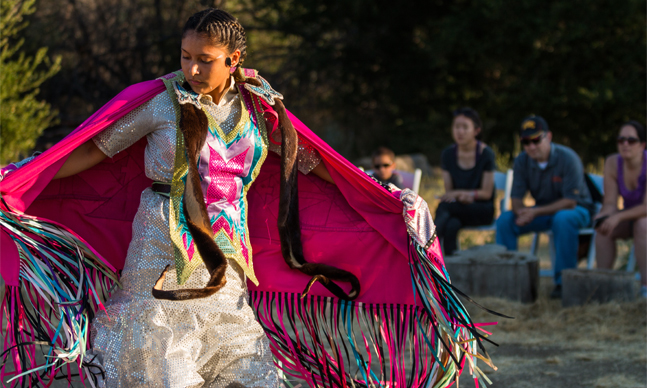
March 13, 2023
Every November, we celebrate Native American Heritage Month to recognize and honor the legacy and contributions of Indigenous peoples in the United States.
The idea for Native American Heritage Month originated in the early 20th century, when various individuals and organizations began advocating for a day to honor the contributions of Native Americans to American society. In 1990, President George H.W. Bush signed a joint resolution designating November as Native American Heritage Month, and it has been recognized every year since.
Native American Heritage Month provides an opportunity to recognize and honor the unique histories, cultures, and contributions of Indigenous peoples. It is a time to celebrate the resilience and strength of Native American communities, and to acknowledge the ongoing challenges they face.
It is also a time to raise awareness about the history and legacy of colonization, forced relocation, and cultural genocide that Native American communities have endured. By acknowledging and confronting this history, we can work towards a more just and equitable future for all.
Throughout November, communities across the United States hold events and celebrations to honor Native American Heritage Month. These events may include:
Many museums and cultural institutions also host exhibits and programming focused on Native American history and culture during this time.
Native American Heritage Month provides an opportunity to honor and celebrate the unique history, culture, and contributions of Indigenous peoples. It is a time to recognize the ongoing struggles and challenges faced by Native American communities, and to work towards a more just and equitable future. By celebrating Native American Heritage Month, we can help to ensure that the legacy and contributions of Indigenous peoples are recognized and valued year-round.